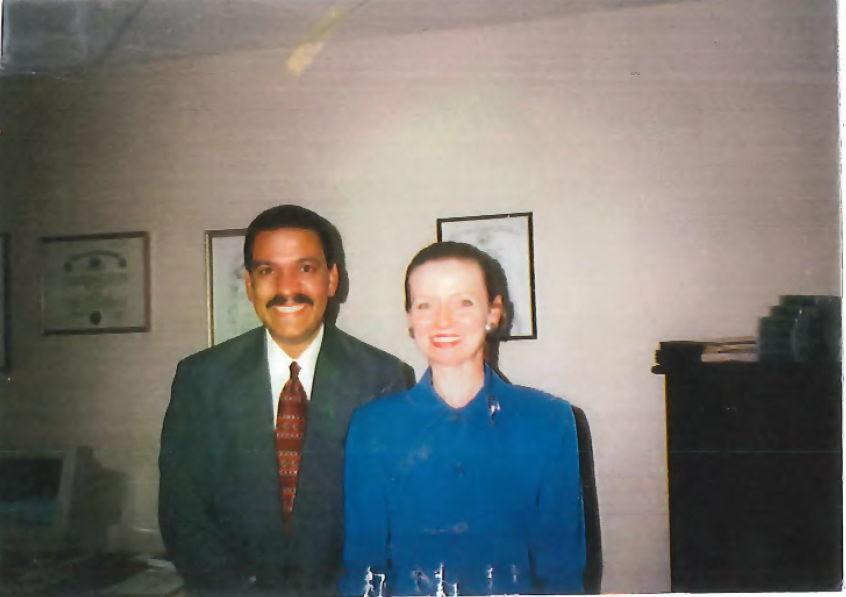Baker Donelson Shareholder and former board member Charles K. Grant is a seasoned, successful trial attorney as well as an involved and committed member of the bar. In 2014, he became the first African American president of the Nashville Bar Association since its inception in 1831. He also is a pro bono champion and a tireless, engaged mentor, whose accomplishments, awards, and honors are too many to list. His son, Denmark J. Grant, is an associate in the Firm's Labor and Employment Group in Nashville and had the pleasure of interviewing his father and role model.
DG: You have successfully represented a wide variety of clients in employment, business, and eminent domain litigation. Do you have a favorite type of case to litigate? If so, what makes it your favorite?
CG: While I'm not sure I have a favorite type of case, I especially like cases that present novel or complex issues and could directly affect the lives of others. Currently, I am part of the team representing two large school districts in a funding lawsuit that will significantly impact the education and future opportunities afforded their students.
DG: What is the most rewarding aspect of your work?
CG: Getting favorable results and pleasing clients are, of course, at the top of the list. And the cases that have helped improve the lives of others or prevent future injustice are among the most meaningful.
DG: Tell us a bit about your approach to preparing for trial. When and how do you start?
CG: Depending on the case, I generally start 45 to 75 days before trial by reviewing the file, including key pleadings, discovery documents, and deposition testimony to formulate trial strategy, determine pretrial filings to shape or narrow the issues, and commence witness preparation. I think thorough and effective witness preparation is essential to any trial and outcome. Many witnesses have had no experience providing testimony and their composure, especially under cross-examination, can impact a jury just as much as their knowledge of the facts or the words they say. Along these lines, I also devote considerable attention to the substance and timing of questions I ask both client and opposing party witnesses.
DG: How important is it to understand the client's business when you are preparing for trial?
CG: While it always is important to understand a client's business, the degree of knowledge necessary would vary by the nature and complexity of the case. For example, the school funding case mentioned earlier has required us to thoroughly educate ourselves as to school operations, student needs, budgeting considerations, changing dynamics, and a host of other issues to effectively litigate and try the case.
DG: Any particular cases that stand out?
CG: Several hard-fought trials for corporate clients come to mind. Among these are a $26 million jury verdict for our client/plaintiff in an eminent domain trial and jury defense verdicts for two separate large clients where the opposing counsel attempted to malign the character and integrity of senior management witnesses, both of whom were very fine people. There also was the pro bono case where we vindicated a physician assistant trying to serve the underprivileged, created case law, and obtained attorneys' fees that will help prevent similar charges being brought against others. An especially memorable trial from many years ago involved the insurance defense of an elderly defendant in a wrongful death action who was terrified she would lose her home and everything she had. After the defense verdict, this lovely lady came by the office to take a photo of my legal assistant Deborah and me because she wanted to remember what had been done for her. We still have the photo and the client's sweet note sent with it, which remind us of both the trial that began a 21-year working relationship and why we (and everyone else at this Firm) do what we do.
